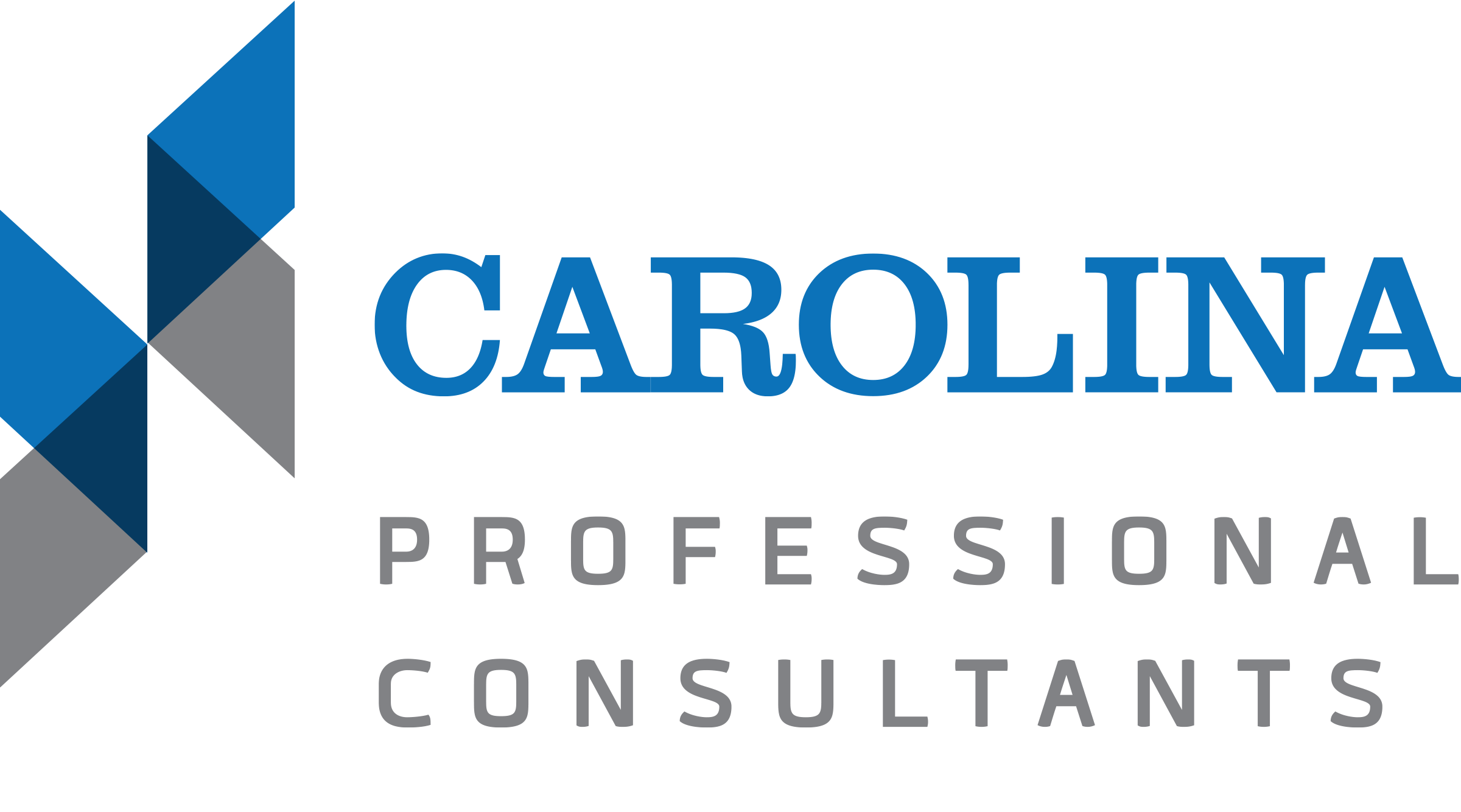IRS Law Changes Reminder
On October 16, 2018, the federal Internal Revenue Service (IRS) released a reminder for business owners that tax reform legislation passed last December affects nearly every business. The IRS is highlighting the following important information for small businesses and self-employed individuals to help them understand and meet their tax obligations.
Qualified Business Income Deduction
Many owners of sole proprietorships, partnerships, trusts and S corporations may deduct 20 percent of their qualified business income. The new deduction - referred to as the 199A deduction or the qualified business income deduction is available for tax years that began after December 31, 2017. Eligible taxpayers can claim it for the first time on their 2018 federal income tax return. A set of FAQs provides more information on the deduction, income and other limitations.
Temporary 100 Percent Expensing for Certain Business Assets
Businesses are now able to write off most depreciable business assets in the year the business places them in service. The 100-percent depreciation deduction generally applies to depreciable business assets with a recovery period of 20 years or less and certain other property. Machinery, equipment, computers, appliances and furniture generally qualify.
Fringe Benefits
Fringe benefits include: - Entertainment and Meal - The new law eliminates the deduction for expenses related to entertainment, amusement or recreation. However, taxpayers can continue to deduct 50 percent of the cost of business meals if the taxpayer or an employee of the taxpayer is present and other conditions are met. The meals may be provided to a current or potential business customer, client, consultant or similar business contact. - Qualified Transportation - The new law disallows deductions for expenses associated with transportation fringe benefits or expenses incurred providing transportation for commuting. There's an expectation when the transportation expenses are necessary for employee safety. - Bicycle Commuting Reimbursements - Employers can deduct qualified bicycle commuting reimbursements as a business expense for 2018 through 2025. The new tax law also suspends the exclusion of qualified bicycle commuting reimbursements from an employee's income for 2018 through 2025. Employers must now include these reimbursements in the employee's wages. - Qualified Moving Expenses Reimbursements - Reimbursements an employer pays to an employee in 2018 for qualified moving expenses are subject to federal income tax. Reimbursements incurred in a prior year are not subject to federal income or employment taxes; nor are payments from an employer to a moving company in 2018 for qualified moving services provided to an employee prior to 2018. - Employee Achievement Award - Special rules allow employees to exclude certain achievement award from their wages if the awards are tangible personal property. An employer also may deduct awards that are tangible personal property, subject to certain deduction limits. The new law clarifies that tangible personal property does not include cash, cash equivalents, gift cards, gift coupons, certain gift certificates, tickets to theater or sporting events, vacations, meals, lodging, stocks, bonds, securities, and other similar items.
The tax reform for businesses page has more information on fringe benefit changes. Additionally, see IRS.gove/taxreform for more information about these and many other tax law changes.
Read the Press Release
